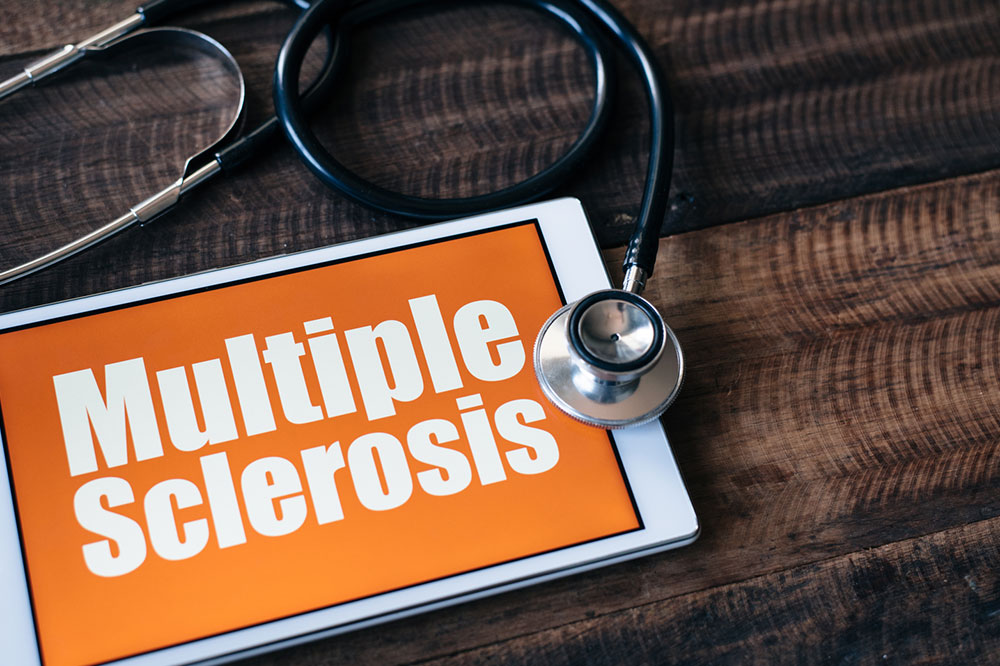Top Strategies for Managing Multiple Sclerosis Effectively
Discover effective strategies to manage multiple sclerosis through balanced diet, massage, and regular exercise. These approaches aim to improve quality of life and symptom control by combining medical treatments with lifestyle adjustments. Prioritize nutrition, relaxation techniques, and physical activity for better health outcomes. Always consult healthcare providers for personalized advice.

Top Strategies for Managing Multiple Sclerosis Effectively
Multiple sclerosis (MS) is a long-term autoimmune disorder affecting the central nervous system. It occurs when the immune system targets the protective myelin sheath surrounding nerve fibers, disrupting communication between the brain and body.
This condition can lead to nerve deterioration and irreversible damage if not managed properly. Treatments generally combine medication with lifestyle modifications to help control symptoms and improve quality of life. Adopting the right habits alongside prescribed therapies can be highly beneficial.
Adopt a nutritious diet
A diet rich in omega-3 fatty acids and low in saturated fats supports MS management. Consuming plenty of vegetables, legumes, fruits, and lean poultry, along with coconut water and green tea, can bolster health. Avoid processed foods, sweets, gluten-heavy products, dairy, and limit alcohol intake to reduce symptoms. Monitoring vitamin D levels is also recommended, as it may offer protective effects for MS patients.
Massage therapy helps relax muscles and enhances blood circulation. Gentle massages alleviate muscle tension and pain, promoting relaxation. Warm baths or compresses can provide relief without overheating the body, which could worsen symptoms.
Regular physical activity is advantageous for individuals with mild to moderate MS. Exercise strengthens muscles, improves coordination, and boosts balance. For heat-sensitive sufferers, water-based activities like swimming are ideal. Low-impact exercises such as stretching, yoga, walking, or stationary cycling are also highly effective.
Note:
Our blog offers diverse insights and practical health information. While our research aims to provide helpful guidance, readers should view articles as general advice. For personalized treatment plans or medical concerns, consult healthcare professionals. The site does not guarantee accuracy or completeness and is not responsible for discrepancies or offers found elsewhere.










